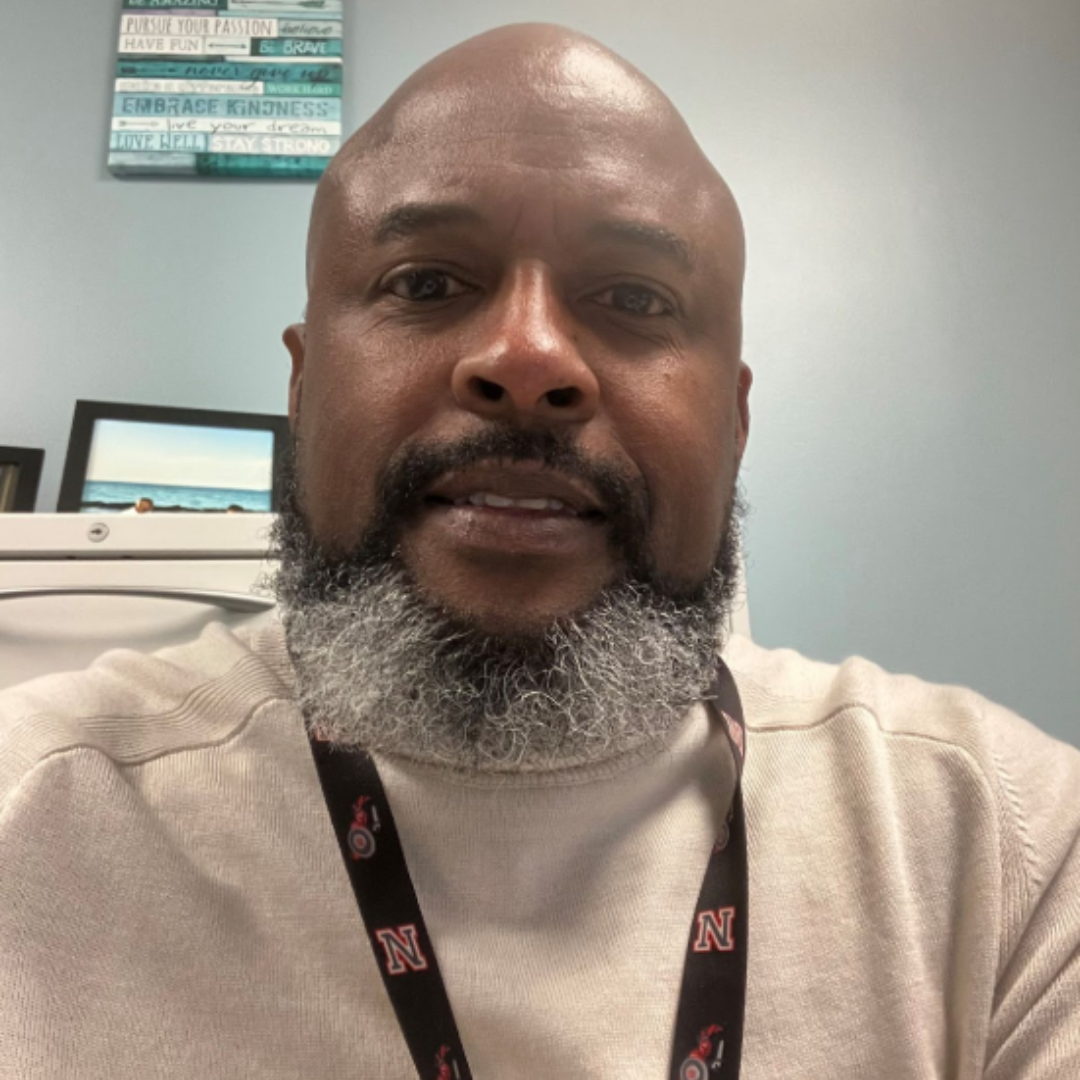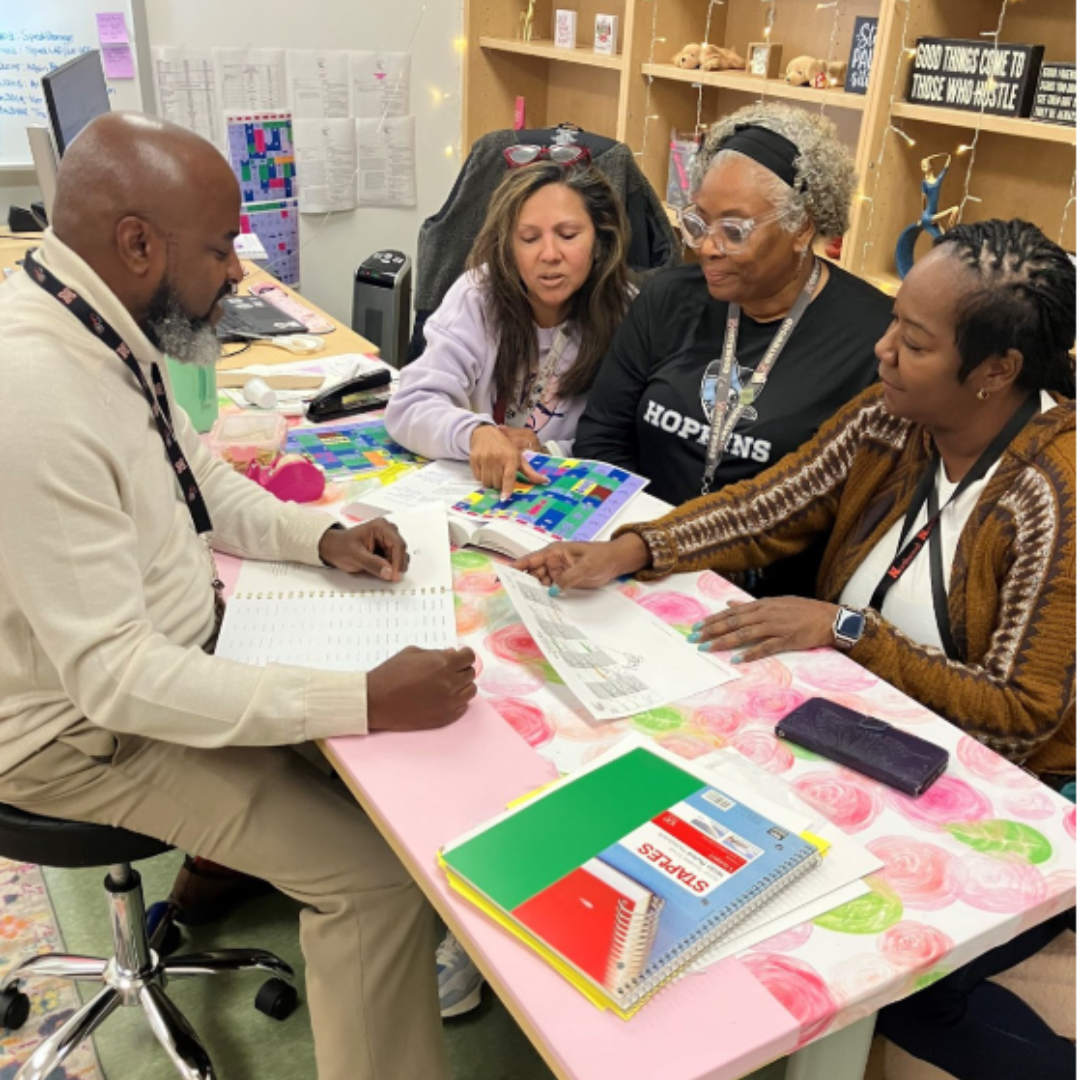Celebrating National School Psychology Week: Q&A with Dr. Trellis Jones

November 3-7 is National School Psychology Week. During this week, we recognize the school psychologists who support students' learning, health and well-being. To celebrate, we did a Q&A with a few school psychologists to learn more about their work and what makes this role so rewarding.
How long have you been with MCPS?
I have been with MCPS for 24 years.
What inspired you to become a school psychologist? Is that what you wanted to be when you grew up?
I was inspired to become a school psychologist in college. I was attending Bowie State University, pursuing my bachelor of science in psychology. I was in a psychological measurement course during the time. My professor had a guest speaker come in one day to inform us about the role of a school psychologist. I had never heard of this profession before. I was intrigued and researched more about the role, which resulted in me attending graduate studies at Bowling Green University [in Ohio] for school psychology.
I did not want to be a school psychologist when I was younger. I have always had a passion for animals. I was centered on becoming a veterinarian.
What’s something surprising you’ve learned from working with students?
I have learned that although teens and adolescents may appear to not listen to your advice, they really are listening. You must be willing to be sincere and transparent with students. I find when you are sincere and caring, you will receive a high level of respect from students. They must feel that you genuinely care by your actions versus what you express verbally. You may not receive immediate feedback, but eventually they will show their appreciation through their actions.
What’s a small thing students or teachers can do daily that makes a difference for mental wellness?
A small thing that students and teachers can do daily to make a difference for mental wellness is advocating for mental wellness or self-care. This can be accomplished by seeking out supports from mental health professionals in the school or in their neighborhood/community. We must feel comfortable about seeking appropriate coping skills and strategies to place in our emotional toolkits to address our mental health.
What’s something you do that makes a difference for your mental health?
I have a routine that involves prayer and meditation that helps with managing my mental health. I also love the outdoors. Fishing and outdoor activities always serve as calming techniques.
What’s the most rewarding part about being a school psychologist?
The most rewarding part of being a school psychologist is serving as a resource to provide supports to assist students and families with emotional and educational challenges that arise. I truly have a passion for this profession. I have enjoyed connecting with various students and families in Maryland for the last 26 years.

